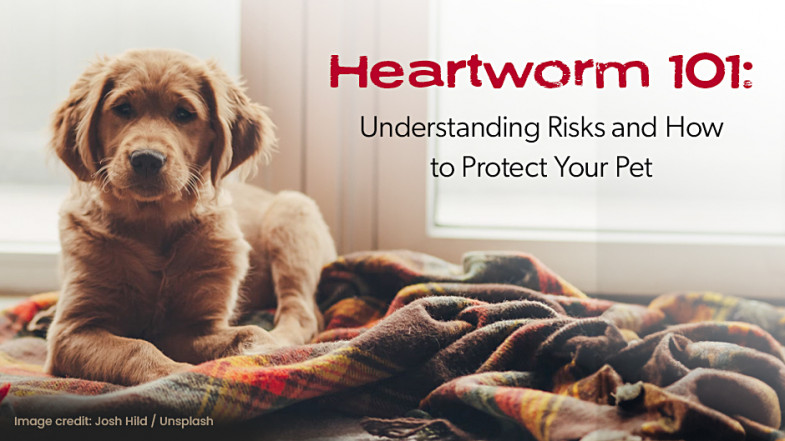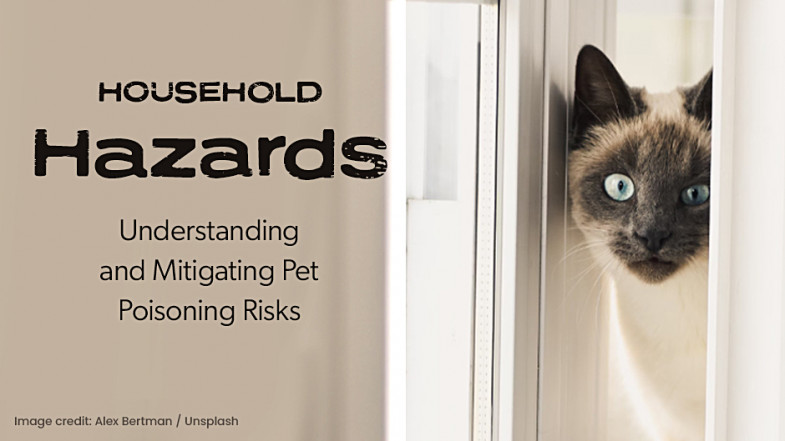Our Blog
Guard Your Pet's Heart

The heartworm parasite prevents a serious and sometimes fatal threat to companion animals. Unfortunately, it is not difficult for your pet to be infected, and it’s difficult to treat in dogs. There is no heartworm treatment for cats.
The main route of heartworm transmission to dogs and cats is through a mosquito bite. When a mosquito bites an infected animal such as a dog, cat, coyote, fox, or wolf, its takes in larvae from baby worms. The larvae develop into mature heartworm over the next 10 to 14 days. If the mosquito lives that long, it will bite again and transmit heartworm to an unprotected pet or wild animal.
Signs of Heartworm Infestation in Dogs and Cats
It’s common for animals with heartworm not to show any symptoms in the earliest stages. As the heartworms continue to grow and multiply, it will eventually cause your pet significant distress. The most common symptoms in dogs include:
· A mild but persistent cough
· Fatigue after only moderate exercise
· Resistance to exercise
· Loss of appetite and weight
· Heart failure
· Swollen abdomen
· Difficulty breathing
· Pale gums
· Dark-colored urine
The last five symptoms represent serious infestation. Most dogs will not survive at this point without surgical removal of the heartworms.
With our feline friends, the first indication of heartworm is often sudden collapse and death. Those who don’t progress that quickly may display some of these symptoms:
· Coughing or asthma
· Vomiting
· Appetite and weight loss
· Difficulty walking
· Seizures
· Fainting
Heartworm Treatment is Long and Expensive
If your dog tests positive for heartworm, you will need to restrict exercise right away. This means you need to prevent him from engaging in regular physical activities as well. The next step is to stabilize your dog over the course of several months before our veterinarians can begin administering medication. Your dog then takes one or more rounds of medication approved by the American Heartworm Society. The last step is for your dog to receive a test approximately six months after administration of the last dose of heartworm medication to ensure that he is free of the parasite.
Although no heartworm medication currently exists for cats, we may be able to provide your cat with supportive care such as IV fluids and antibiotics. You will also need to ensure that your cat avoids strenuous physical activity at home. Some heartworm issues resolve on their own in cats since they don’t make an ideal host. However, many cats die from the parasite or have permanent health issues such as asthma.
If one compares the average cost of heartworm prevention ($5.00-10.00 per month) vs. treatment (up to $2000), not to mention overall impact of heartworm infection to your pet’s health, it’s clear to see that prevention simply makes sense. Why put your pet through the discomfort or potential long term health risks when heartworm prevention is affordable and effective?
Prevention is Much Easier
The American Heartworm Society suggests that people should provide their dogs and cats with year-round heartworm prevention. Ask us for the product which would be best to prevent heartworm in your pet, and keep your pet safe from this devastating disease.
Image credit: kozorog / iStock / Getty Images Plus



